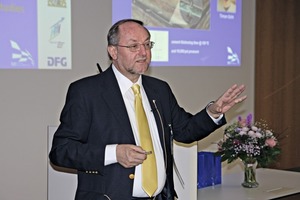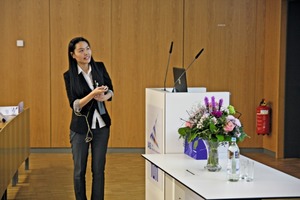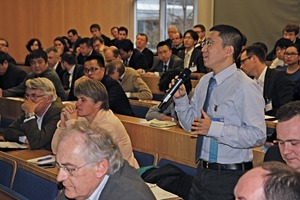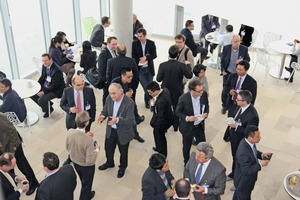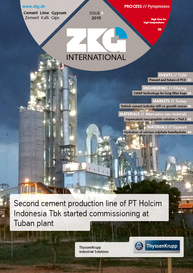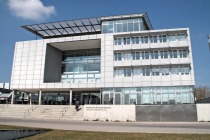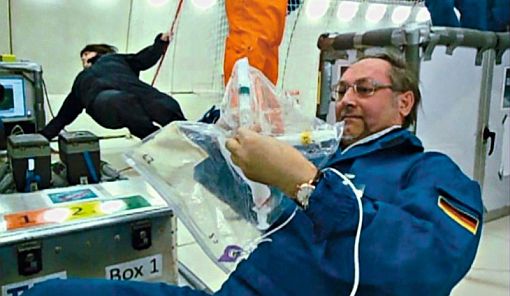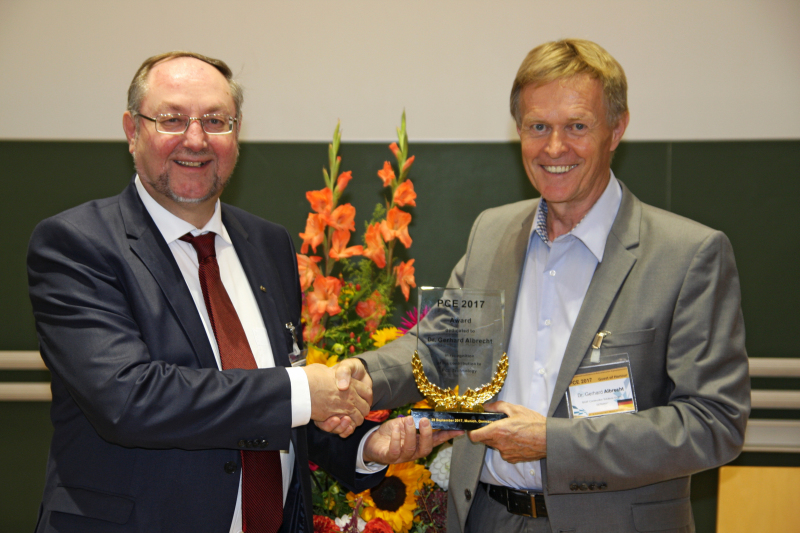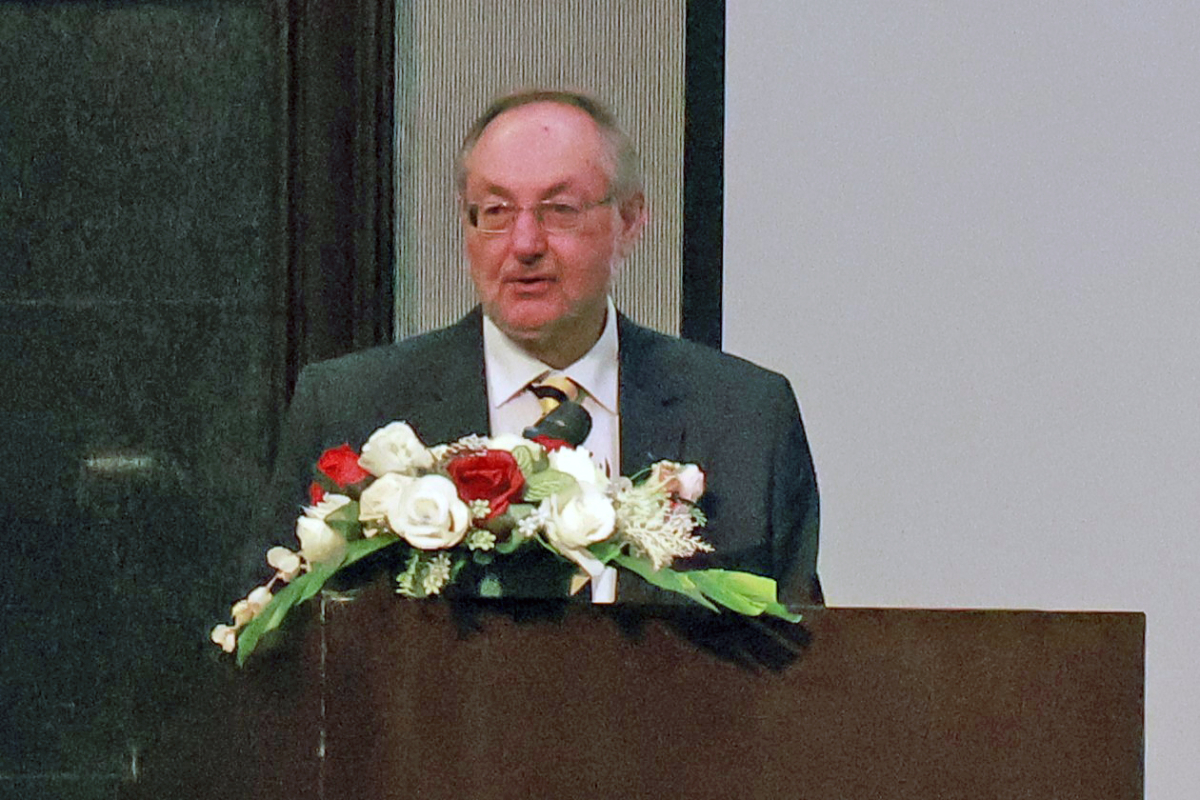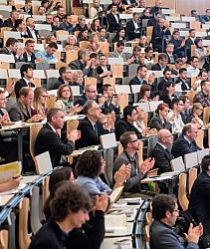Present and future of PCE
On 27.03.2015, the Technische Universität München (TUM), Faculty of Chemistry held its 1st Symposium on Advanced PCE Studies in the Institute of Advanced Studies (IAS) at Garching near Munich/Germany. To the event, a number of leading global experts on PCE technology had been present and numerous guests from foreign countries including Japan, China and Russia had joined on in this special day.
Prof. Dr. Stephan Sieber, Vice Dean of the Department of Chemistry, and Prof. Dr. Gerhard Abstreiter, Director of the IAS, opened the symposium with their welcome addresses. Both elaborated on the worldwide significance of the event for the studies on PCE as a platform of knowledge exchange.
Prof. Dr. Johann Plank, chair of the construction chemistry at the TUM gave an overview of the research at the TUM Center for Advanced PCE Studies (Fig. 1). He explained that the facility since its opening in April 2014 has given real good opportunities to work in the innovative field of PCE superplasticizers to a number of young researchers. Thus, he announced that four of his current Ph.D. students would present their result later that day on the event.
Next, Dr. Oliver Mogck of Clariant Deutschland GmbH talked about quality aspects of PCE macromonomers, before Dr. Felek Jachimowicz (Fig. 2) of Grace, USA refered about the relation between concrete and PCEs and how the U.S. will handle this new technology. Then Dr. Christian Trieflinger of BASF Trostberg, Germany closed the first block of speeches with an overview of future dispersants as a path from classical PCE structure to new chemistry.
After a break Prof. Dr. Etso Sakai from the Tokyo Institute of Technology, Japan spoke about working mechanisms of PCE-type superplasticizers for durable concrete.
M.Sc. Alex Lange was the first of Prof. Plank’s Ph.D.-candidates to talk. He spoke about the compatibility of PCE with different types of Portland cement and their compatibility with different PCEs. This lecture and two more of the following three will be subject of a detailed contribution in one of the next ZKG.
M.Sc. Lei Lei was the next Ph.D. candidate. Her contribution was one of the highlights of the symposium as she referred about the impact of PCE on early ettringite crystallization in cement. The most astonishing information for the audience was the fact that Lei Lei and a group of her fellow researchers including Prof. Plank had performed experiments under zero gravity conditions, being onboard an airplane conducting parabolic flights.
M.Sc. Huiqun Li (Fig. 3) who is Prof. Plank’s first student at the PCE study-center reported about the molecular structure of PCE polymers using 13C-NMR spectroscopy, before M.Sc. Timon Echt gave an interesting view about PCEs in oil well cementing.
The third part of the symposium were the lectures of Prof. Dr. Zi Ming Wang, Beijing University of Technology, China about a cleaner PCE-production including lower temperature polymerization technology; Dr. Andrej Malinin from Technonicol, Russia about the developments of PCE in Russia; and Prof. Dr. Xianming Kong (Fig. 4), Tsinghua University, China, who presented a new concept for plasticizers with new molecule structures and nano-particles. This lecture will also be subject of a detailed contribution in one of the next ZKG.
In the last presentation “PCEs – an outlook”, Prof. Plank again looked into the future of PCE technology. His summary showed that PCEs are not easily replaced yet. “They will be optimized further and will stay an interesting research area for many years”, Plank said, thinking about new monomers, non-absorbing PCEs as well as calcined clays.
The commemorative event closed with a gala dinner on the top floor of the building where the participants had the opportunity to discuss with new and old acquaintances of the PCE community (Fig. 5).

